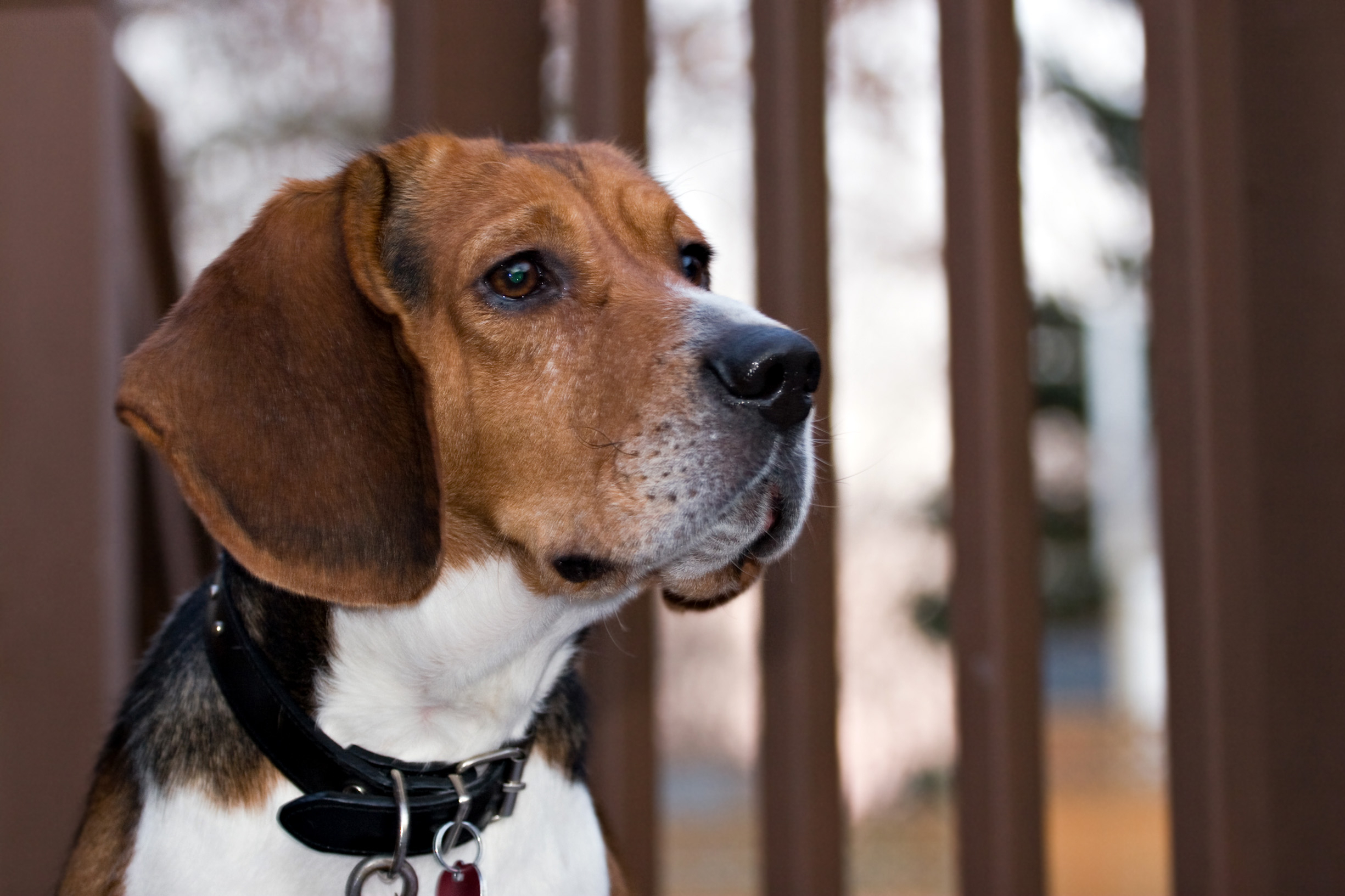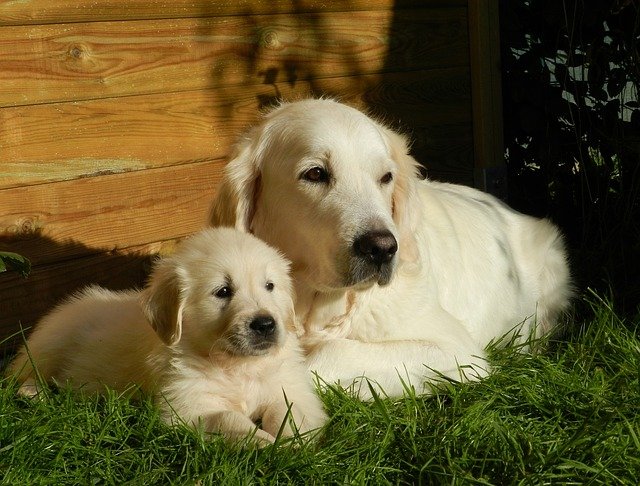Welcome to the ultimate guide to puppy training! Training your new furry friend can be an overwhelming experience, but with the right information and techniques, it doesn’t have to be. In this post, we will cover everything you need to know about puppy training, from when to start to how often to train. Let’s get started!

When to Start Puppy Training:
The sooner you start training your pup, the better. Ideally, you should begin training as soon as you bring them home. This is because puppies are like sponges – they absorb everything around them, including good habits and bad ones. By starting early, you can set a strong foundation for future behavior and avoid common problems such as biting or jumping.
The Best Potty Training Techniques for Your Puppy:

Potty training is one of the most important aspects of puppy training. No one wants a dog that pees on the carpet or poops in the house! Luckily, there are several effective potty training methods you can use to teach your pup where to go. One popular method is crate training, which involves confining your pup to a small area (such as a crate) during the day while you’re away. Whenever he needs to relieve himself, he will do so in his designated area. Another technique is positive reinforcement, which involves rewarding your pup whenever he goes outside to eliminate. With consistency and patience, either method can work wonders.
Choosing the Right Obedience Training Method for Your Dog:
There are many different obedience training methods out there, each with its own unique approach. Some focus on positive reinforcement, others on dominance-based techniques. The key is to find what works best for you and your dog. For example, if you prefer a more gentle approach, you may want to try clicker training, which uses treats and praise to reinforce desired behaviors. On the other hand, if you have a stubborn or dominant breed, you might benefit from a more structured, authoritative style of training. Ultimately, the goal is to find a method that both you and your dog feel comfortable with.
How Many Days per Week Should You Train Your Dog:
The answer to this question depends on several factors, including your schedule, your dog’s age and temperament, and the type of training you’re doing. As a general rule, experts recommend at least 15 minutes of daily training time, broken up into multiple sessions throughout the day. However, some dogs may require more frequent or longer training sessions depending on their individual needs. It’s also important not to overtrain your dog, as this can lead to burnout and frustration. Listen to your dog’s cues and adjust your training regimen accordingly.
In closing, puppy training doesn’t have to be difficult or stressful. By following these tips and using the right techniques, you can create a well-behaved and happy companion who brings joy to your life. Good luck with your training journey!
